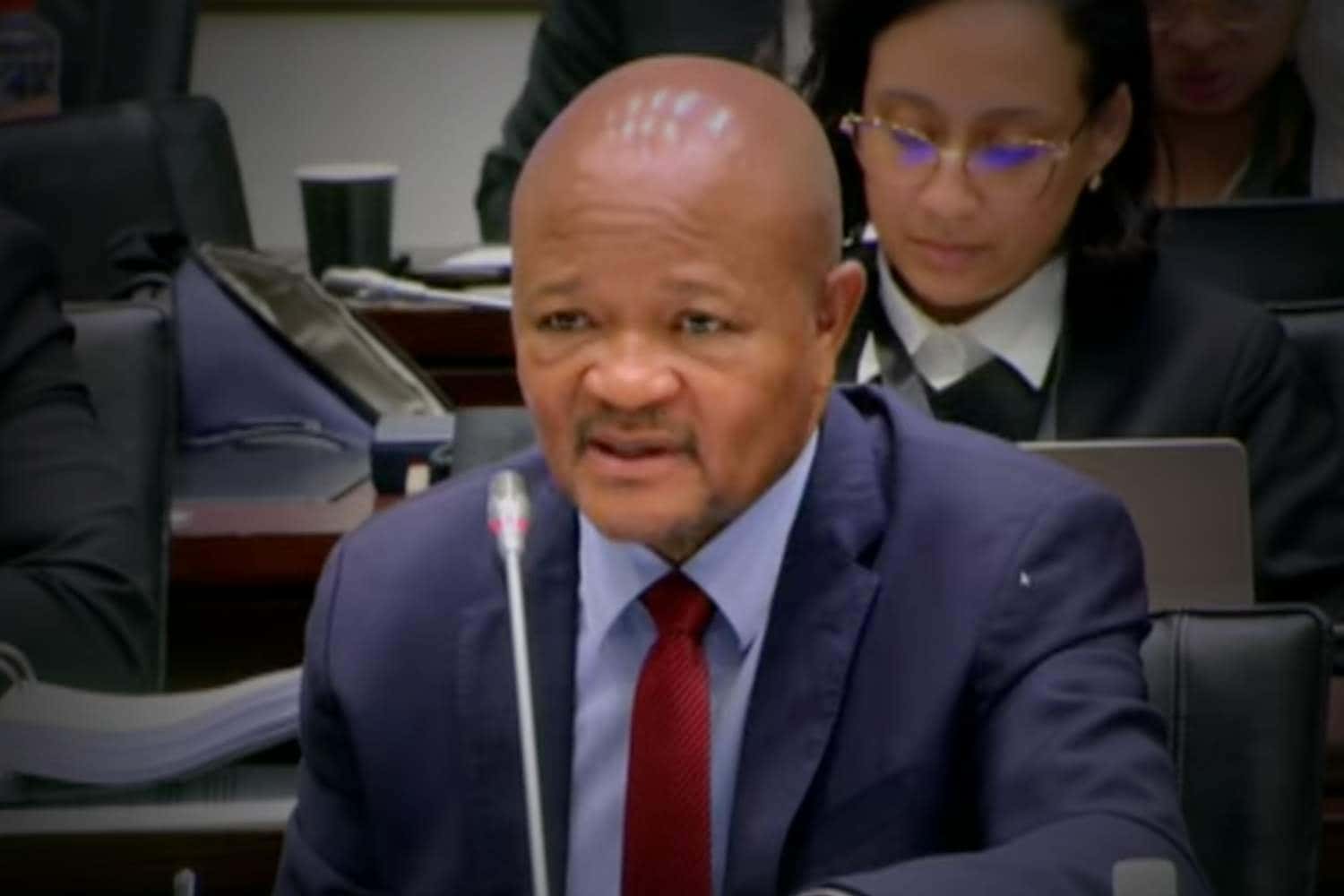Suspended Police Minister Senzo Mchunu will return to Parliament on Friday, 17 October 2025, to continue giving evidence before the ad hoc committee investigating allegations of corruption and political interference in South Africa’s criminal justice system.
Mchunu appeared before the committee on Thursday, where he gave a defiant and detailed defence of his decision to disband the Political Killings Task Team (PKTT) — a specialised police unit that investigated politically motivated murders.
He told the committee that he did not take the decision “lightly” and denied that political motives were behind it. Instead, he said the move was about fair resource distribution and the need to tackle crime nationwide, not just in KwaZulu-Natal.
“The Ministry of Police could not keep funding a unit that was only operating in one corner of the country while people were being murdered all over South Africa,” Mchunu said.
“Even if the team does well, it was not going to assist with the killings happening in the Cape Flats.”
He argued that police resources — such as money, staff, and vehicles — had to be spread across the entire country.
Mchunu cited research by the Global Initiative, which found that 35% of murders in South Africa are linked to organised crime, 34% to taxi violence, and 24% to political killings.
“When you allocate resources, you have to consider those figures,” he told the committee.
However, Mchunu admitted that the task team had helped reduce the number of political killings in KwaZulu-Natal.
“I am saying it was a factor — not that they single-handedly brought down the killings,” he said.
The former minister also discussed border management, referencing the case of Amantle Samane, a seven-year-old girl from Soweto who was raped and murdered by an undocumented Mozambican national.
Mchunu said the incident made him realise how porous South Africa’s borders are — meaning people can enter or leave the country without proper control.
“Maybe if I had taken some orders to reduce inflow at the borders, we could have saved the life of the child,” he said.
Mchunu further defended his decision to freeze posts within Crime Intelligence, saying it was necessary for restructuring.
He told MPs that his actions were not influenced by anyone and that he personally authored the letterdisbanding the Political Killings Task Team. This was in response to KwaZulu-Natal police commissioner Nhlanhla Mkhwanazi’s earlier claim that Mchunu did not write the letter himself.
Mchunu said the disbandment had been discussed in meetings on 1 and 22 November, and that the task team was always meant to be temporary.
“It was a project, not a permanent structure,” he explained.
He also rejected allegations that he communicated with North West businessman Brown Mogotsi about the task team’s disbandment.
“I never spoke to Mogotsi. I don’t even know how he got hold of my letter,” Mchunu said.
Mchunu’s appearance before Parliament comes amid a wave of suspensions in the country’s security cluster.
Earlier this week, President Cyril Ramaphosa suspended Inspector-General of Intelligence Imtiaz Fazel following a complaint about his conduct. In recent months, other high-ranking officials — including Gauteng’s top prosecutor Andrew Chauke and Deputy National Police Commissioner Shadrack Sibiya — have also been suspended over similar allegations of misconduct.
Meanwhile, Mchunu is expected to resume his testimony on Friday, where the committee will continue questioning him on his decisions in the Police Ministry and his interactions with senior security officials.
Watch the live proceedings below:
